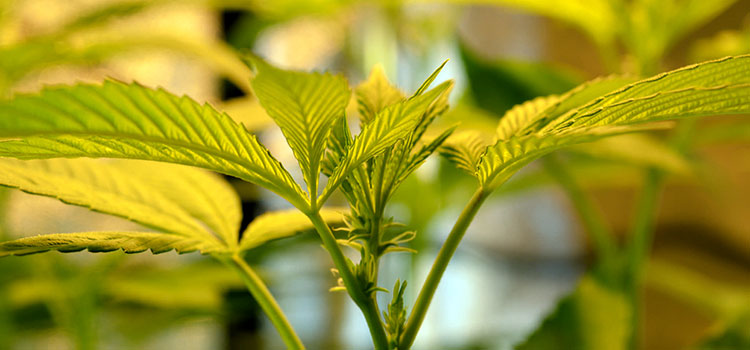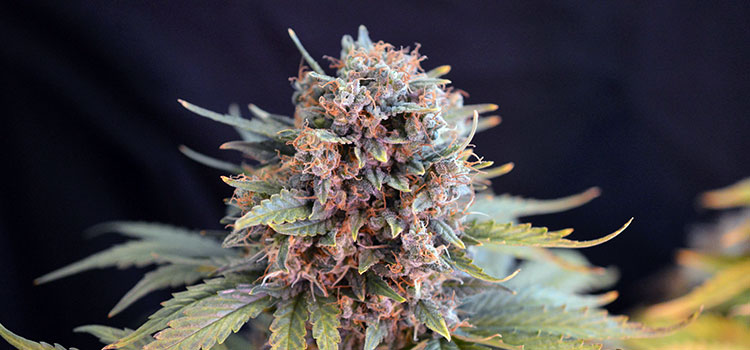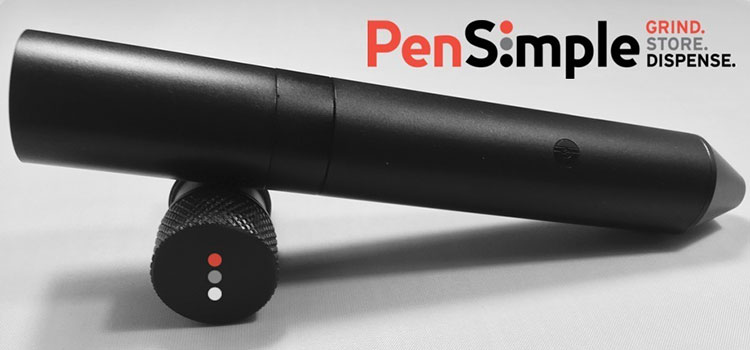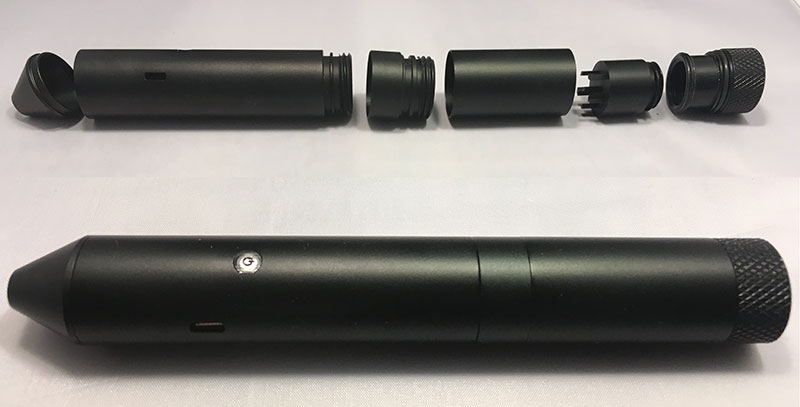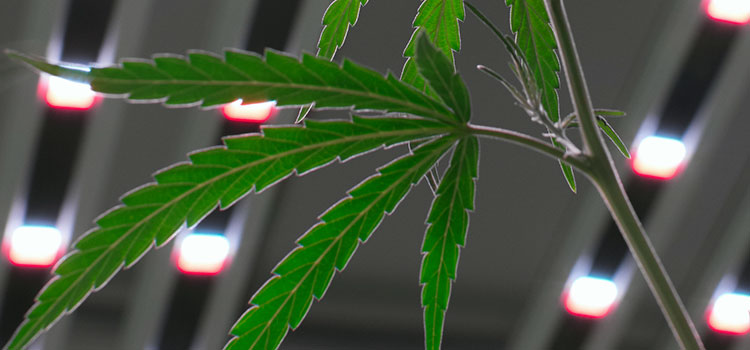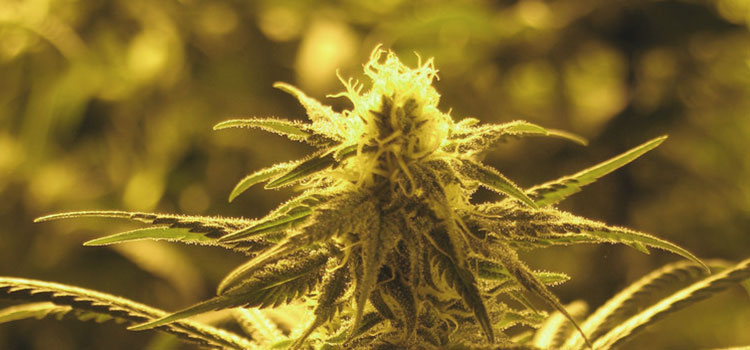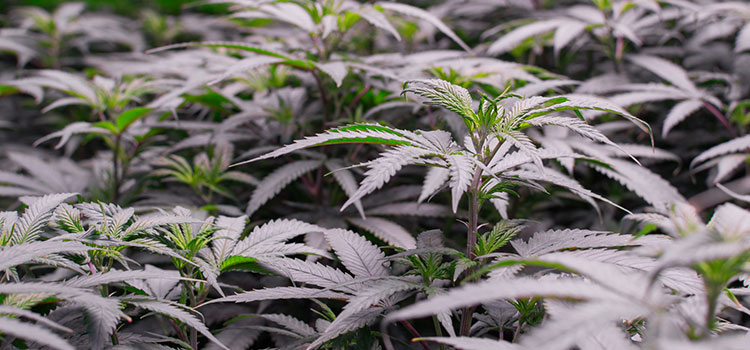California this year may be experiencing the most-watched cannabis legalization campaign in history. Under the Adult Use of Marijuana Act — which is appearing on California’s 2016 general election ballot as Proposition 64 — the possession, consumption, and personal cultivation of recreational cannabis would become legal for adults aged 21 and older. As the eighth-largest economy in the world, California choosing to reject the status quo of cannabis prohibition would be a momentous achievement for the reform movement.
Recent polling data has indicated that Prop. 64 has a fairly comfortable lead, though many medical cannabis advocates and entrepreneurs have voiced opposition to the state’s latest attempt at adult use legalization.
Keep your eyes on this article for live updates as the election results roll in!
Update 8:40 pm PST — Though it’s still early into the ballot counting process, the Associated Press via Google Election Tracker and Politico have both called Proposition 64 successful, and is likely to legalize recreational cannabis for adults. Currently, Prop. 64 is showing 55 percent support and 45 percent opposed, with 15 percent precincts reporting.
Proposition 64, “Adult Use of Marijuana Act”
Personal possession limits: 28.5 grams of flower, 4 grams of concentrates.
Taxes: 15 percent retail sales tax plus state sales tax, $9.25 tax per ounce of flower, $2.75 tax per ounce of leaves. Municipalities can impose local taxes.
Fees: The bill does not outline a fee structure; it delegates power to Bureau of Marijuana Control.
Revenue disbursement: 60 percent, Youth Education, Prevention, Early Intervention Account; 20 percent, Environmental Restoration and Protection Account; 20 percent, State and Local Law Enforcement Account.
VIDEO: Overview of Cannabis Initiatives
Below is a brief overview of all the different state-level cannabis initiatives on the ballot this election cycle. With nine total states voting on expanding access to cannabis, this year presents an unprecedented opportunity for legalization advocates and medical cannabis patients.
End










